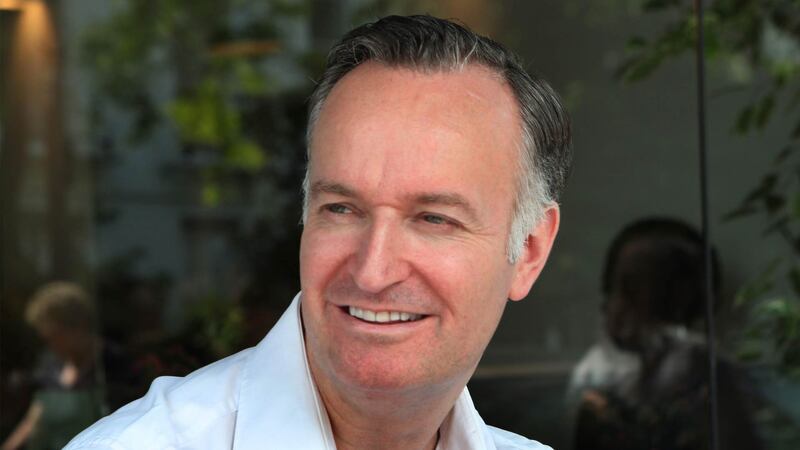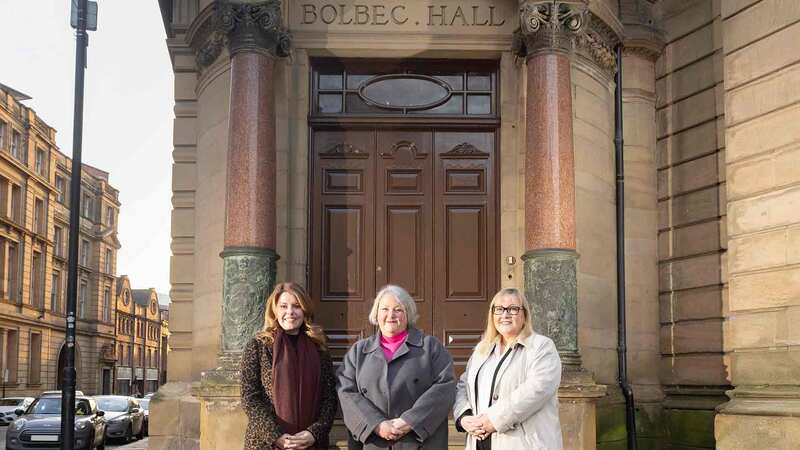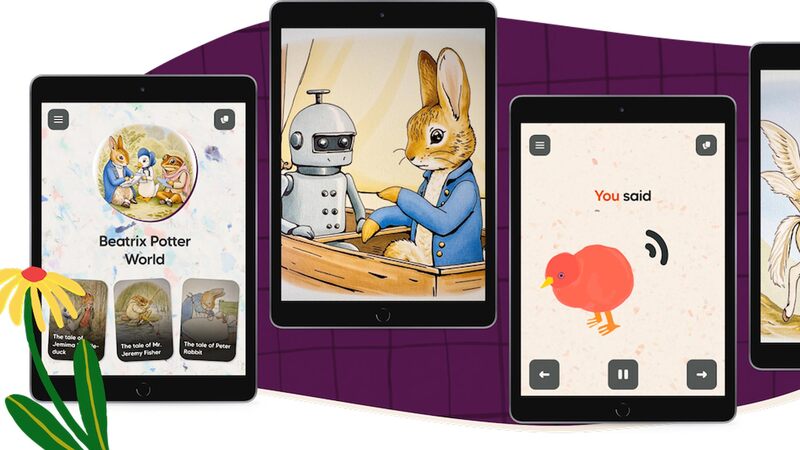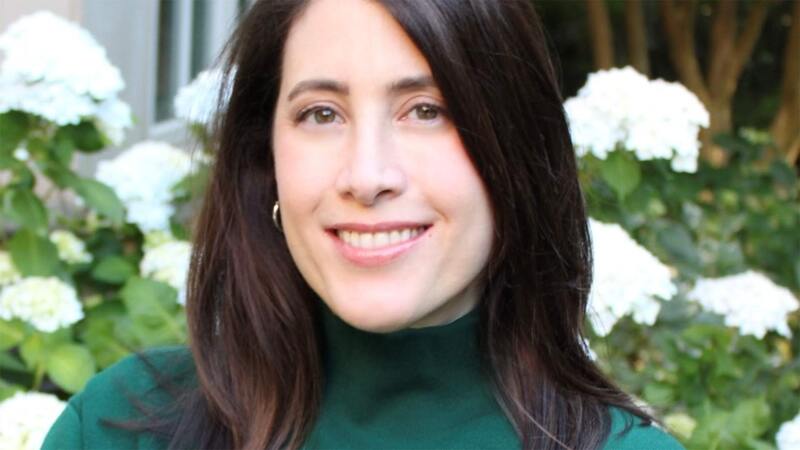You are viewing your 1 free article this month. Login to read more articles.
Fine margins
Reconciling generosity of spirit with solvency of finances can be difficult for indie bookshops.
Just as we judge books by their covers, so we judge shops by their bags. Plastic: environmental vandals who should burn in the oil fires of a Cormac McCarthy-penned post-apocalyptic hellscape. Hemp: crystal-touting, tie-dye wearing hippies who make Kerouac look square, man. Paper: well, it all depends on the age-old equation of (Tensile Strength x Aesthetic Uplift) + Comfort In Hand, doesn’t it?
Without touting my origami trumpet too loudly, our paper bags are excellent. Strong enough to carry multiple Mantel hardbacks. Wide enough to fit a puzzle. Narrow enough to fit in a backpack. Durable enough that customers come back with the same bag over and over. Elegant in style, practical in use. And now, three times as expensive as before.
The simple, seconds-long act of putting a book in a paper bag now costs us 60p a time. Blame rising costs. Blame market gouging by big paper. Blame Lizz Truss. Whatever or whoever is behind the price hike, our beautiful paper bags are severely denting our margins. Denting them to the tune of 13% in fact. Which is more than we, or any business, can afford. So we should ditch them, shouldn’t we?
Last autumn, Clare Keegan released her latest, perfectly sculpted short story, "So Late In The Day". In it, Cathal ponders the undoing of his relationship with Sabine, an undoing due not to a single big event but to the drip, drip, drip of his lack of generosity. Thinking of that book, I find myself wondering whether withdrawing our paper bags would be the first drip in the undoing of our relationship with our customers? Would we lose them from a lack of generosity?
I find myself wondering whether withdrawing our paper bags would be the first drip in the undoing of our relationship with our customers?
Whether because neighbourhood shops feel like they belong to the community or because we know the names of the staff, we all enter small businesses with higher expectations than we have for big chains. Nobody walks in to W H Smiths or Waterstones and asks for their purchase to be gift wrapped for free. Yet it’s a request we receive with increasing regularity. As much as it’s a service I’d like to offer, it’s not one I can. For starters, the quality of wrapping would differ so vastly according to which of our team was in charge that we’d risk appearing to give side-eye to your purchase. And then there’s the cost of the wrapping paper taking another bite out of our profits.
Writing that, I’m waiting for Marley’s chains to jangle. I’m waiting for Bob Cratchit to sing me a song. I’m waiting for my conscience to tell the accountant on my shoulder that putting the margins first is wrong. For what sets small businesses apart if not generosity? It’s the independents who fill the hampers at the school raffle, start the neighbourhood Easter egg hunt, rush the squirming child and their panicking parent to the staff toilet. (Although that last example is out of self-interest as well.)
It feels churlish to be holding back paper bags or denying wrapping paper. But it feels hard to pay the bills. It feels miserly to be counting the pennies, but they quickly add up to pounds. Where margins are monitored we try to be generous with our time. Where belts are tightened we try to be free with our smiles. And in every ledger we log the generosity of our customers in choosing us over the supermarkets and chains. Ultimately, we weigh the scales and try to find the balance that keeps everyone happy. And hopefully, we end up somewhere nearer the end of Scrooge’s story than the start.



















